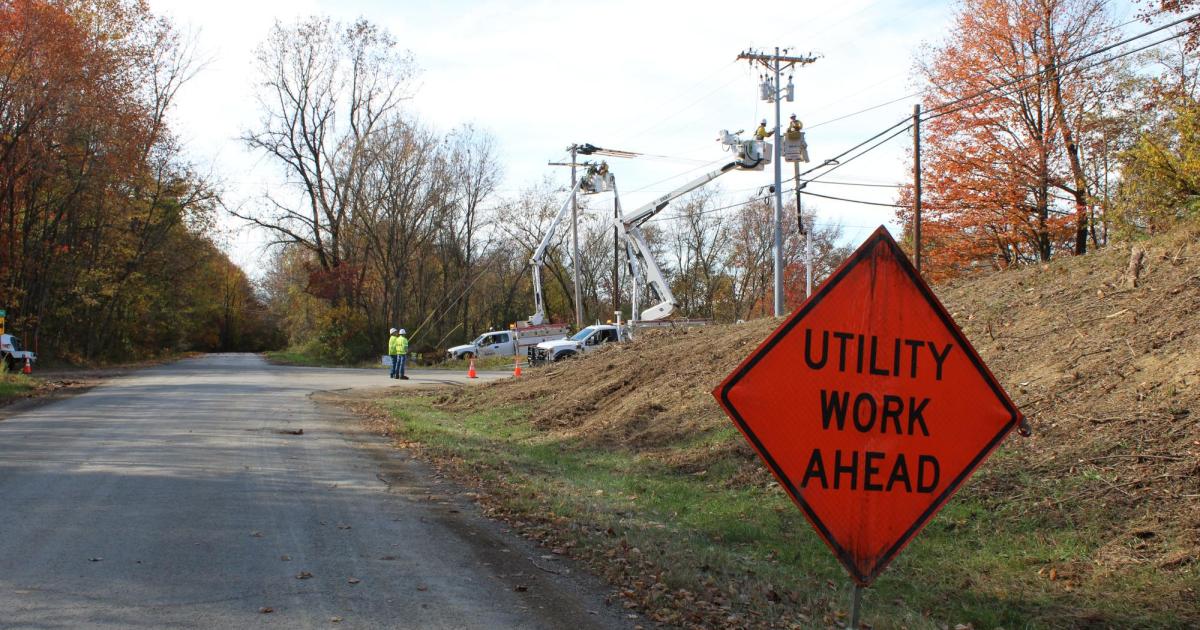Call Us 740-344-2102 Electric Outage 888-535-5732
Safety
Safety is Our Top Priority
We have delivered safe and reliable energy to our members since 1936. Our first priority is safety for our employees, members and the general public. We believe that if we take the lead in safety, others will follow.
Electrical Safety
Keep a safe distance from overhead power lines. They are not insulated, so they are placed overhead and well out of reach or underground. Call 888-535-5732 immediately if you see a downed wire. Assume every downed power line is energized and dangerous. It is important to know that if a line is touching other objects, they could also be energized. If you make contact with the power line or an object touching the line, it could be life-threatening.
Natural Gas & Propane Safety
Natural gas and propane in their original state are odorless; we add an organic compound called Mercaptan before the gas is delivered to your home or business. The compound has a distinctive smell like rotten eggs to alert you to the presence of natural gas or propane escaping in or around your home. If you smell gas inside, get out immediately, call us at 740-344-2102 and leave the area quickly.

